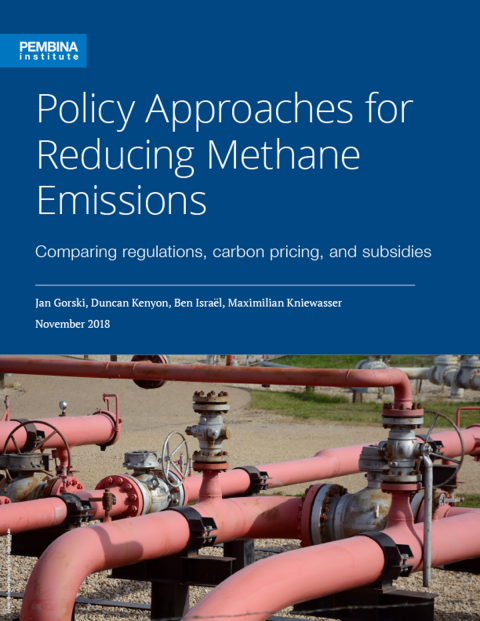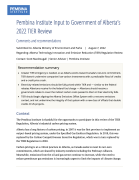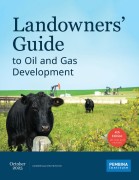Addressing methane from the oil and gas sector has become increasingly popular as a way to reduce emissions of greenhouse gases (GHGs). Despite its complexity, methane can be managed effectively and inexpensively, making it one of the most cost-effective ways to address climate change.
The current policy landscape for methane is advancing very quickly. In the last year, Canada finalized their methane regulations, while Alberta and British Columbia released draft regulations. Internationally Mexico released regulations on methane in 2018 and U.S. states including California, Colorado, and Wyoming have regulations in place.
But is regulation the best way to reduce methane emissions? In this report, we compare three policy approaches to addressing methane: regulations, pricing, and subsidies. In comparing and evaluating the approaches, the coverage, innovation potential, enforcement issues, fairness to other sectors, and overall effectiveness are considered. While each policy has its strengths and weaknesses, we recommend applying a combination of all three.










